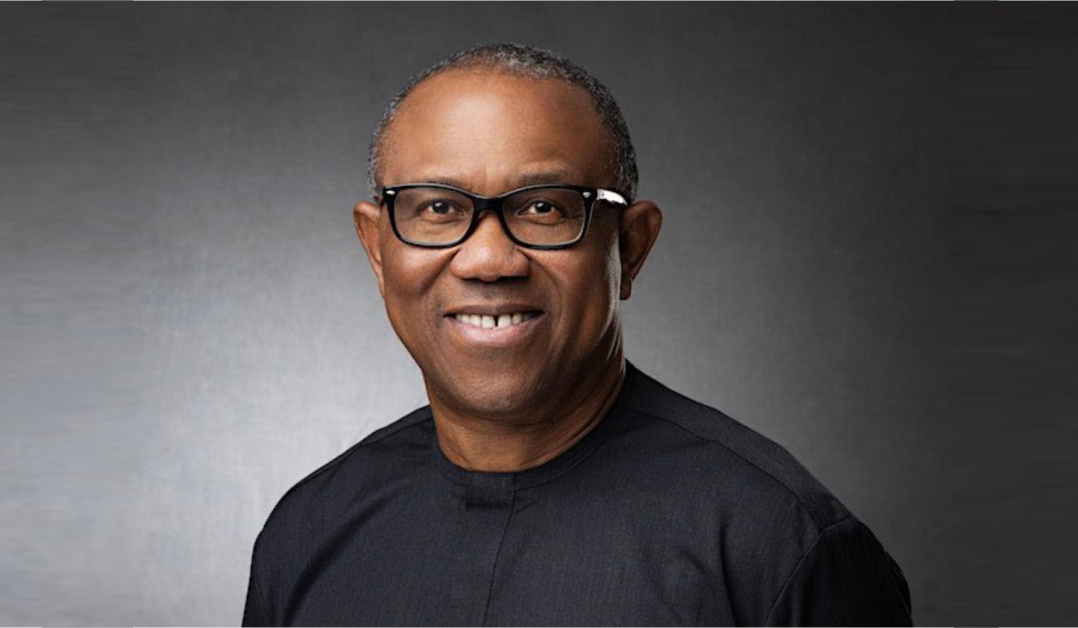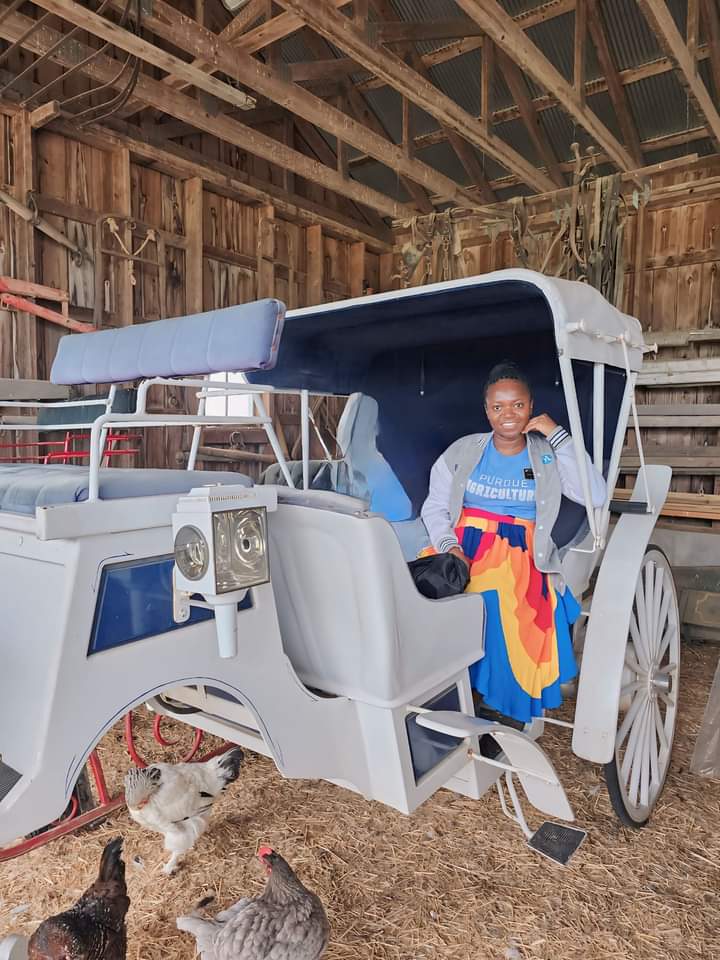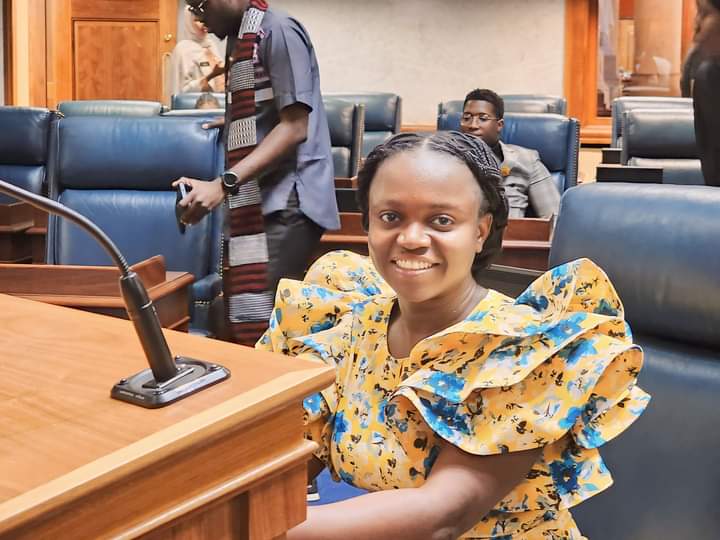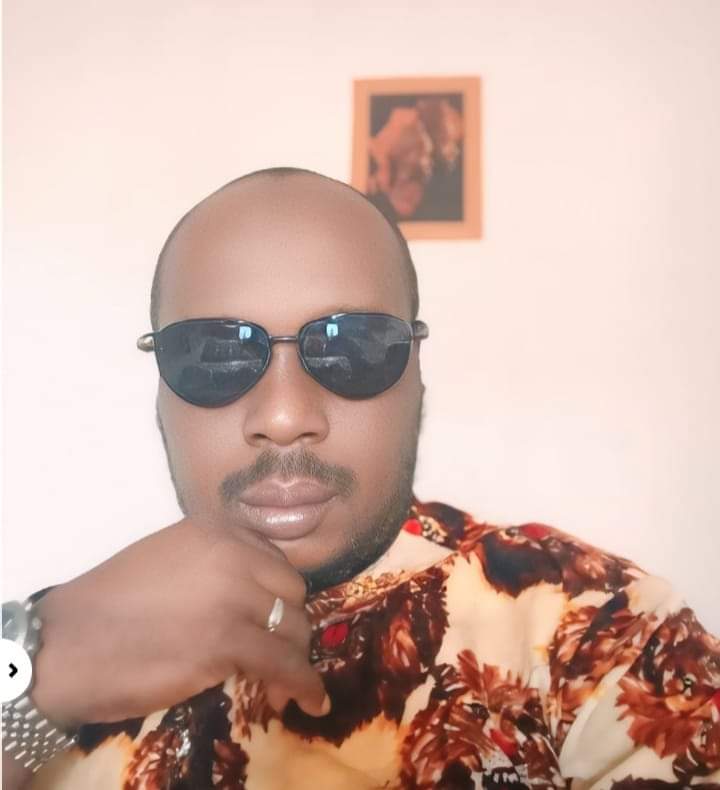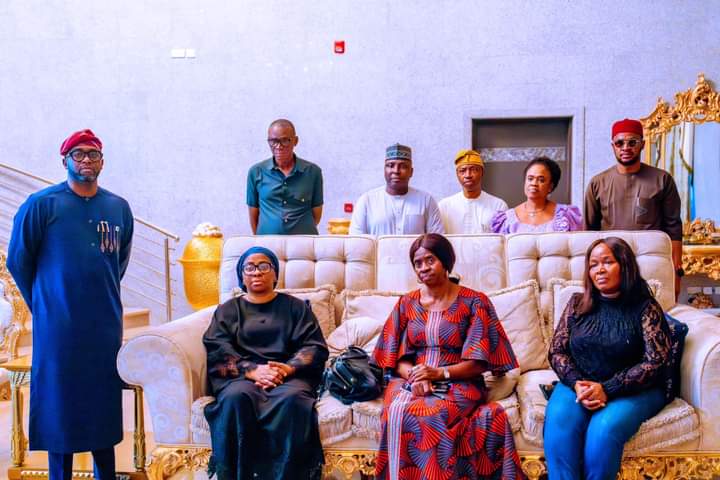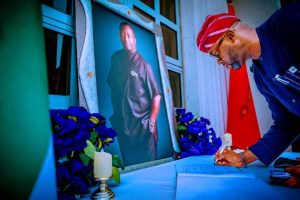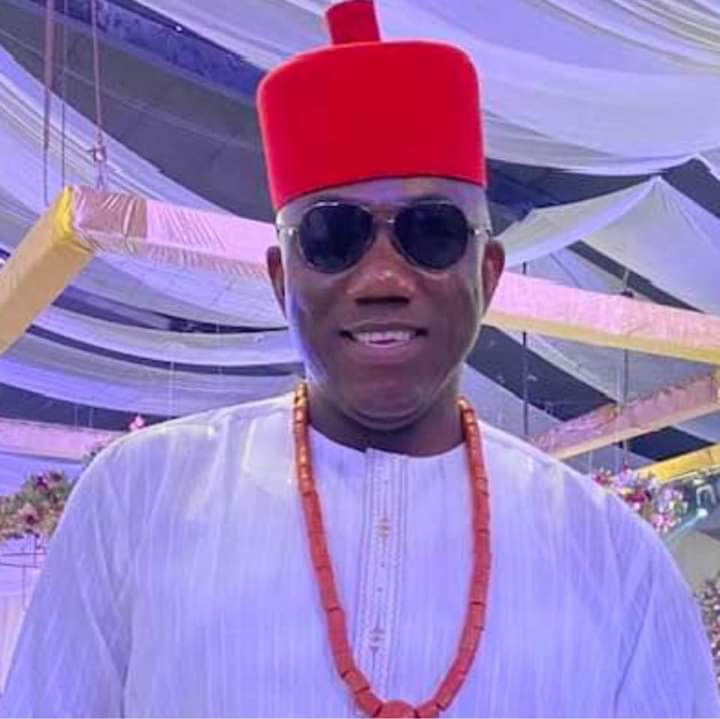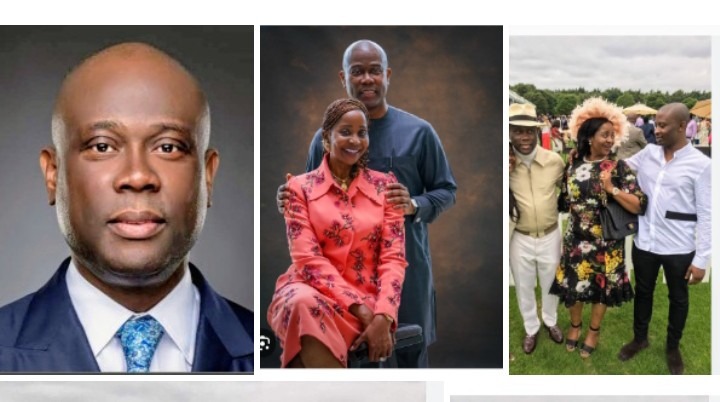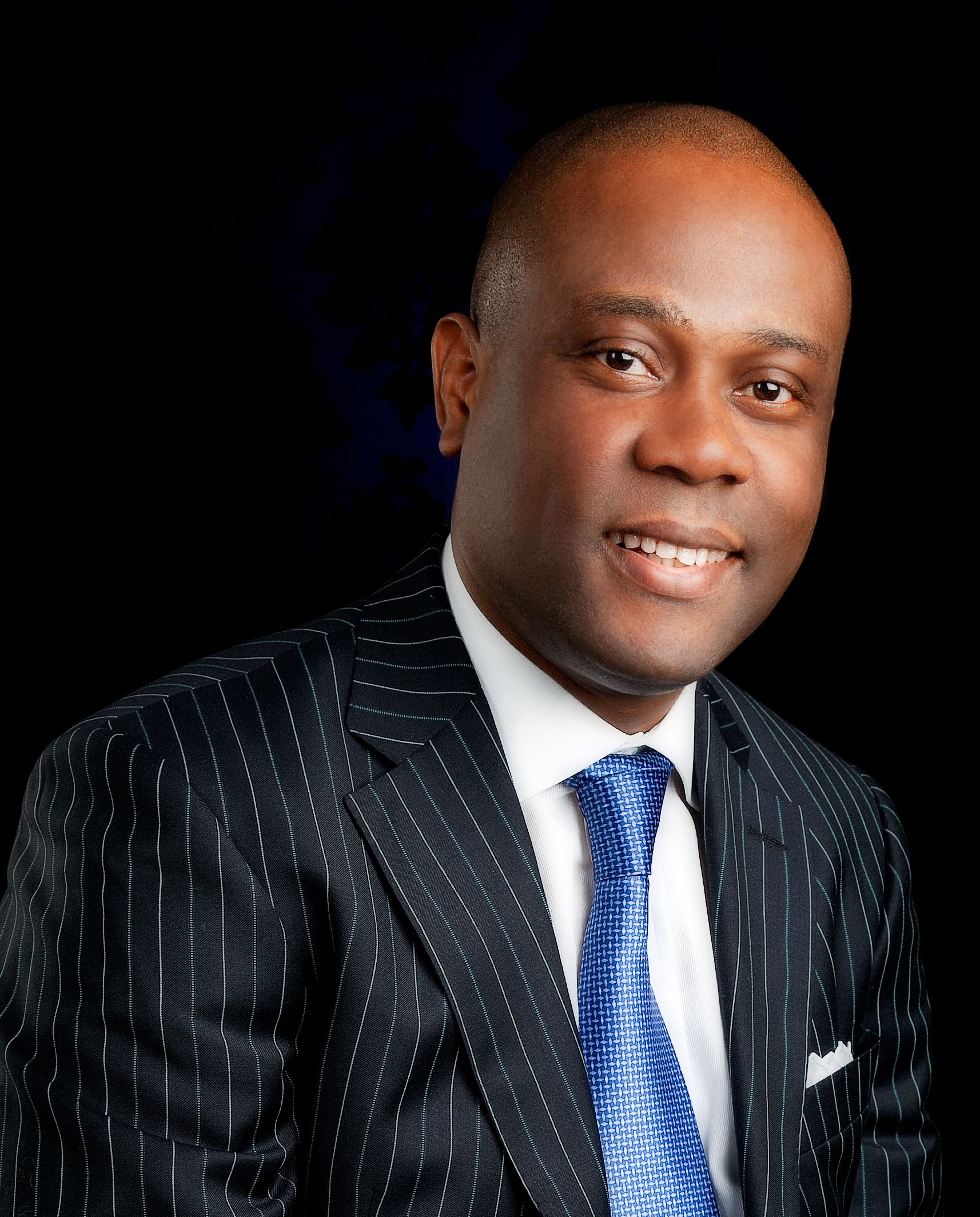Tribalism, a deep-seated allegiance to one’s ethnic group, is a significant challenge in Nigeria, a country with over 250 ethnic groups. While cultural diversity should be a source of national pride and strength, tribalism has instead become a divisive force, perpetuating conflict, discrimination, and underdevelopment. This phenomenon has infiltrated various facets of society, including politics, education, employment, and even social interactions, creating a significant hindrance to Nigeria’s progress.
Negative Impacts of Tribalism in Nigeria
1. Political Instability and Division:
Tribalism often leads to a lack of national cohesion and unity, as people prioritize ethnic loyalty over national interest. This creates a toxic political climate where leaders are selected based on tribal affiliations rather than merit or capability. As a result, governance becomes more about advancing ethnic interests than fostering national development. Political appointments and elections are often skewed to favor certain tribes, resulting in widespread discontent, voter apathy, and, at times, violent clashes.
2. Social Fragmentation and Discrimination:
Tribalism fosters division among Nigerians, breeding mistrust, prejudice, and hostility between different ethnic groups. It creates a “them versus us” mentality that erodes social cohesion and unity. This division is evident in various social settings where people align themselves with their ethnic group, resulting in discrimination in employment, education, and business opportunities. Such practices prevent national integration and deter the creation of a unified Nigerian identity.
3. Economic Inequality and Underdevelopment:
Tribalism contributes to economic inequality and underdevelopment. Resources, including government contracts and employment opportunities, are often allocated based on tribal affiliations rather than merit or need. This practice discourages investment in regions perceived to be politically irrelevant, creating a cycle of poverty and underdevelopment in those areas. Tribalism also stifles innovation and growth, as businesses may not thrive due to bias or exclusionary practices.
4. Threats to National Security:
Tribalism poses a threat to national security by fueling ethnic conflicts and insurgencies. Nigeria has witnessed several tribal-based clashes, including the tragic Biafra War, which claimed millions of lives. More recently, communal clashes over land, religion, and political power have resulted in loss of lives and displacement of communities. Tribalism weakens the fabric of society, making it difficult to build a united front against external threats like terrorism and organized crime.
5. Obstructing Meritocracy and Progress:
When tribalism dictates decisions in key sectors, it undermines meritocracy. Positions of leadership, educational placements, and job opportunities are often given to individuals based on ethnic identity rather than qualifications or competence. This practice limits the nation’s ability to harness the talents and skills of its diverse population, thereby stifling innovation, creativity, and progress.
Why Tribalism Must Be Stopped
To ensure sustainable growth, unity, and development, Nigeria must confront and eliminate the scourge of tribalism. Ending tribalism means fostering a sense of national identity that transcends ethnic differences. This can be achieved through the promotion of inclusivity, equality, and justice. It is essential for the government, civil society, religious leaders, and citizens to advocate for policies and practices that discourage tribalism and instead promote meritocracy, fairness, and national unity.
Nigeria’s strength lies in its diversity. When tribalism is eradicated, the country can leverage this diversity to drive social, economic, and political advancement. A united Nigeria, free from the shackles of tribalism, has the potential to become a prosperous and peaceful nation where every citizen, regardless of ethnic background, has an equal opportunity to thrive.
By embracing inclusivity and unity, Nigeria can build a future where its diversity is celebrated and used as a force for collective progress. Ending tribalism is not just a necessity but a moral imperative for the survival and success of the nation.
Anthony Emeka Nwosu


